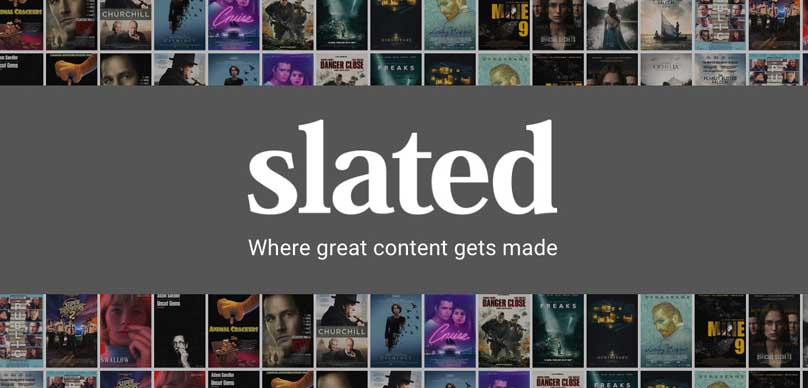Below you’ll find a list of every screenplay in David Koepp’s filmography that is available online. Watch the video below to get a deeper insight into the writing process. If you find any of his missing screenplays please leave the link in the comment section.
When you are done reading take a listen to Apple’s #1 Screenwriting Podcast The Bulletproof Screenwriting Podcast, with guest like Oscar Winner Eric Roth, James V. Hart, David Chase, John August, Oliver Stone and more.
(NOTE: For educational and research purposes only).
APARTMENT ZERO (1988)
Screenplay by David Koepp – Read the screenplay!
BAD INFLUENCE (1990)
Screenplay by David Koepp – Read the screenplay!
DEATH BECOMES HER (1992)
Screenplay by David Koepp – Read the screenplay!
CARLITO’S WAY (1993)
Screenplay by David Koepp – Read the screenplay!
JURASSIC PARK (1993)
Screenplay by David Koepp – Read the screenplay!
THE PAPER (1994)
Screenplay by David Koepp – Read the screenplay!
THE SHADOW (1994)
Screenplay by David Koepp – Read the screenplay!
MISSION IMPOSSIBLE (1996)
Screenplay by David Koepp – Read the screenplay!
THE TRIGGER EFFECT (1996)
Screenplay by David Koepp – Read the screenplay!
THE LOST WORLD (1997)
Screenplay by David Koepp – Read the screenplay!
SNAKE EYES (1998)
Screenplay by David Koepp – Read the screenplay!
SRIT OF ECHOS (1999)
Screenplay by David Koepp – Read the screenplay!
SPIDER-MAN (2002)
Screenplay by David Koepp – Read the screenplay!
PANIC ROOM (2002)
Screenplay by David Koepp – Read the screenplay!
SECRET WINDOW (2004)
Screenplay by David Koepp – Read the screenplay!
WAR OF THE WORLDS (2005)
Screenplay by David Koepp – Read the screenplay!
ZATHURA: A SPACE ADVENTURE (2005)
Screenplay by David Koepp – Read the screenplay!
GHOST TOWN (2008)
Screenplay by David Koepp – Read the screenplay!
INDIANA JONES AND THE KINGDOM OF THE CRYSTAL SKULL (2008)
Screenplay by David Koepp – Read the screenplay!
THE MUMMY (2017)
Screenplay by David Koepp – Read the screenplay!

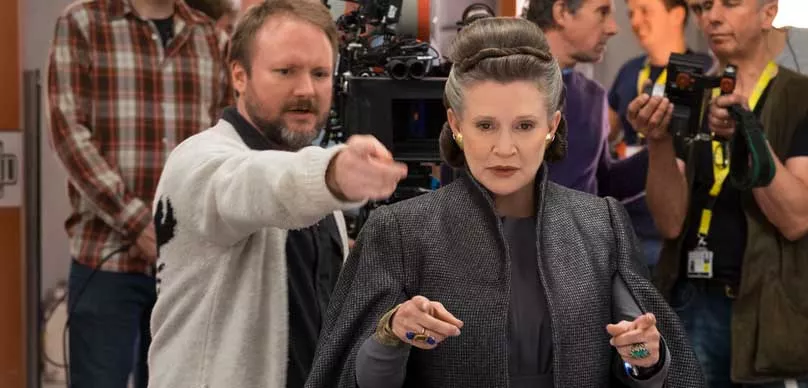

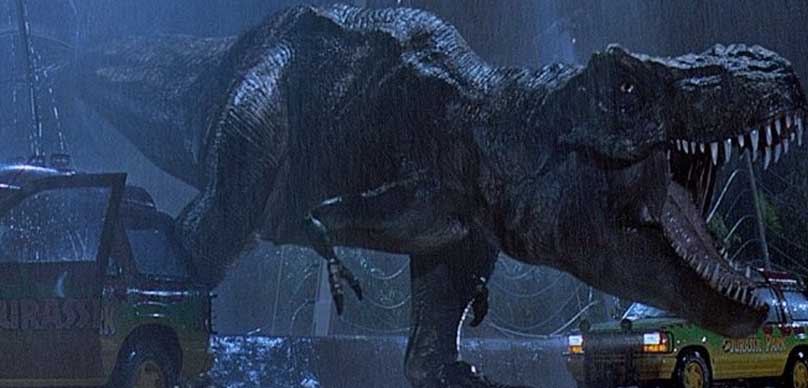
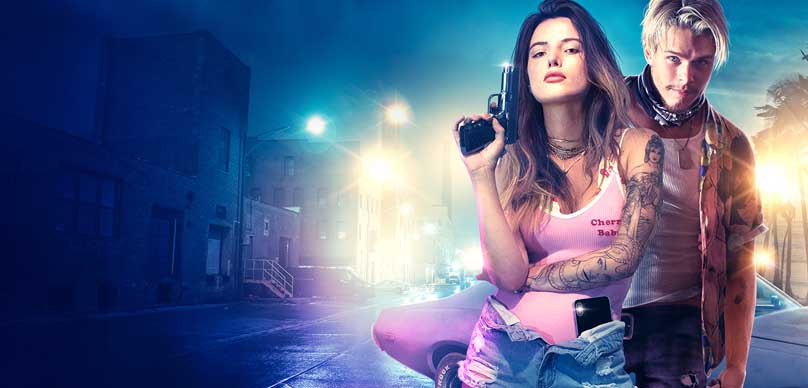
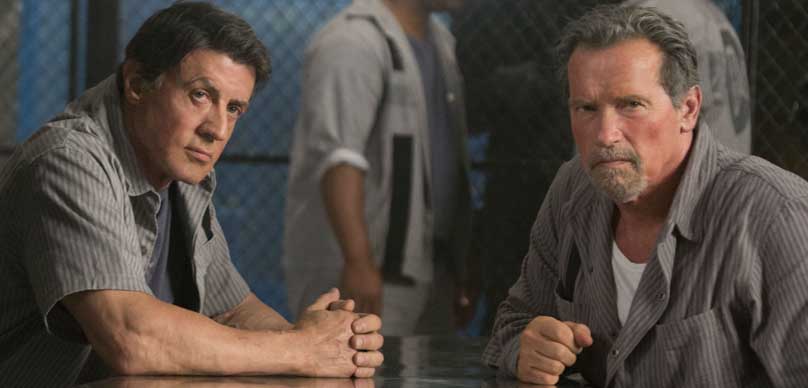
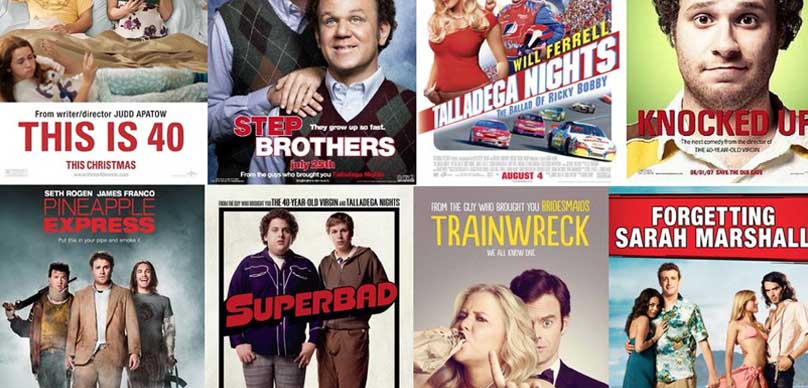

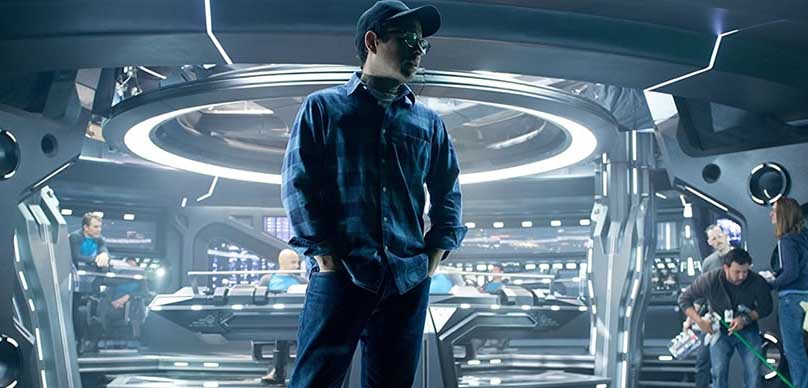
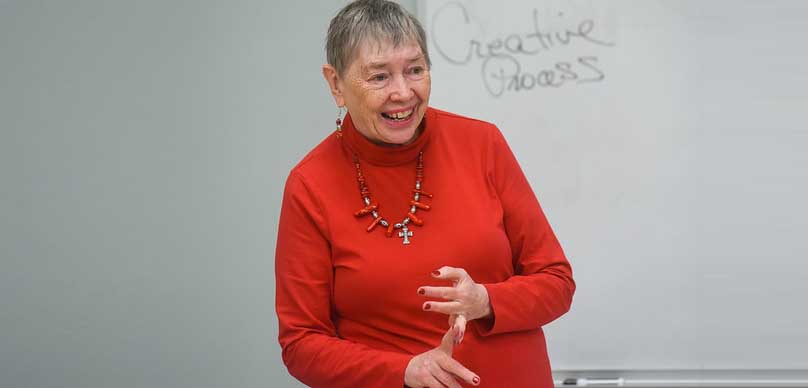

 Ron Howard says he never starts a film without her book. Having authored
Ron Howard says he never starts a film without her book. Having authored 